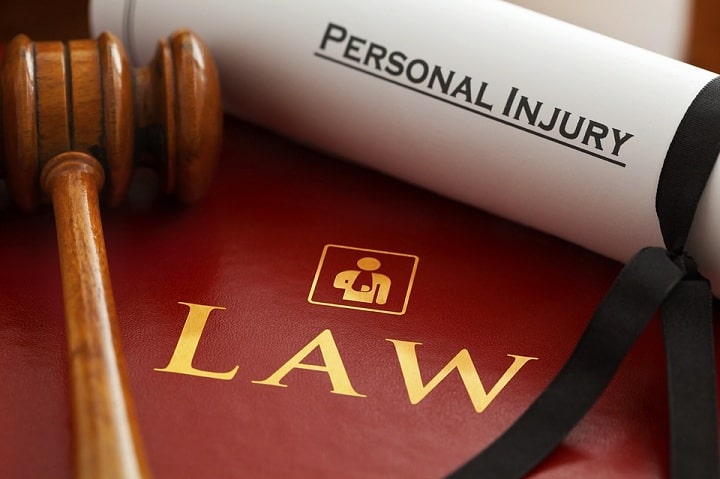If you’ve found yourself in an accident where it wasn’t your fault, it is wise to consider filing a personal injury lawsuit. This is a big decision, and it’s important to know what you’re getting into before you make any decisions. In this article, we will discuss the six need-to-know facts about personal injury lawsuits. By understanding these basics, you will be able to make an informed decision about whether or not filing a lawsuit is right for you.
What Is A Personal Injury Lawsuit?
A personal injury lawsuit is a civil lawsuit filed by an injured person against the person or entity responsible for their injuries. The purpose of filing a personal injury lawsuit is to seek financial compensation for the damages caused by the accident. This can include medical expenses, lost wages, pain and suffering, and more. The amount of compensation you may be awarded will depend on the severity of your injuries and the circumstances surrounding the accident. Therefore, let’s take a look at the six need-to-knows before filing a personal injury lawsuit.
1. You May Not Need To File A Lawsuit
In many cases, the responsible party’s insurance company will cover your damages without you having to file a lawsuit. If you have been injured in an accident, the first thing you should do is contact an experienced personal injury attorney like the Sumner Law Group, because a successful and experienced firm known for its sparkling reputation will make sure they do everything professionally. There are free consultations which the attorney will be able to review your case and advise you on the best course of action when it comes to your personal injury. Usually, your attorney will be able to negotiate a settlement with the insurance company on your behalf. Only if the insurance company refuses to provide fair compensation will filing a lawsuit become necessary.
2. You Must Have A Valid Claim
To have a valid personal injury claim, you must be able to show that your injuries were caused by the negligence of another person or entity. In other words, you must be able to prove that the accident would not have happened if not for the negligence of the other party. For example, if you were injured in a car accident, you would need to show that the other driver was at fault for the accident. The best way to do this is to obtain a copy of the police report from the accident. This will usually contain information about who was at fault for the accident.
3. You Must Have Suffered Damages
In addition to having a valid claim, you must also have suffered damages as a result of the accident. This can include physical injuries, emotional distress, property damage, and more. If you have not suffered any damages, you will not be able to file a successful personal injury lawsuit.
4. There Is A Statute Of Limitations
There is a time limit if you decide on filing a personal injury lawsuit. This time limit is known as the statute of limitations. It varies, so make sure to check it for the state you live in. In most states, you have two years from the date of the accident to file a personal injury lawsuit. However, there are also some exceptions to this rule. Therefore, you should always consult with an experienced personal injury attorney to find out the statute of limitations in your state.
5. You May Have To Go To Trial
If you do decide to file a personal injury lawsuit, it’s important to understand that you may have to go to trial. This is usually not the case, as most personal injury lawsuits are settled before going to trial. However, if your case does go to trial, it will be up to a jury to decide whether or not you should be awarded compensation. It is important to note that you will have the burden of proof in a personal injury trial. This means that you will need to provide evidence that the other party was at fault for the accident and that your injuries were caused by the accident.
6. You Should Consult With An Experienced Personal Injury Attorney
If you have been injured in an accident, it’s important to consult with an experienced personal injury attorney. They will be able to review your case and advise you on the best course of action. Additionally, they can help you understand the statute of limitations in your state and whether or not you have a valid claim. The best way to find an experienced personal injury attorney is to ask for referrals from friends or family members who have been in a similar situation. You can also search online to find a fitting personal injury attorney in your area.
Contacting an experienced personal injury attorney should be your first step after being injured in an accident. They will be able to guide you through the process and help you understand your rights. If you have been injured in an accident, don’t hesitate to contact an experienced personal injury attorney today.




















